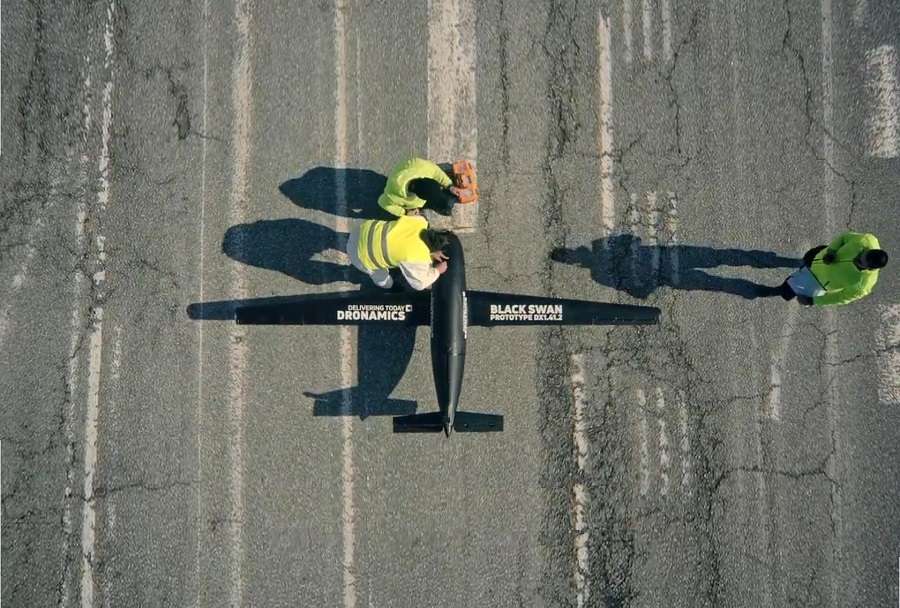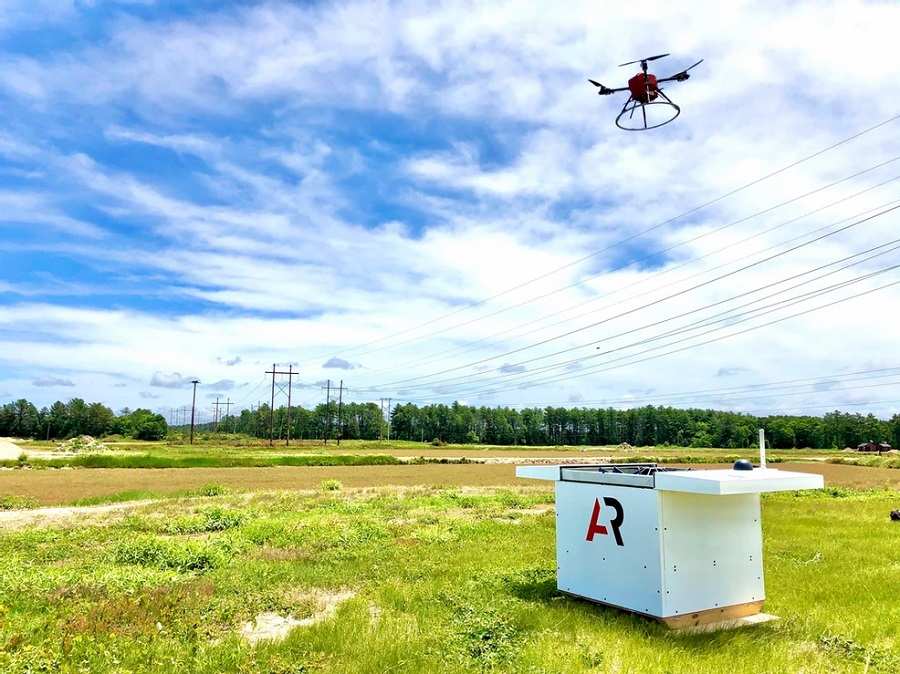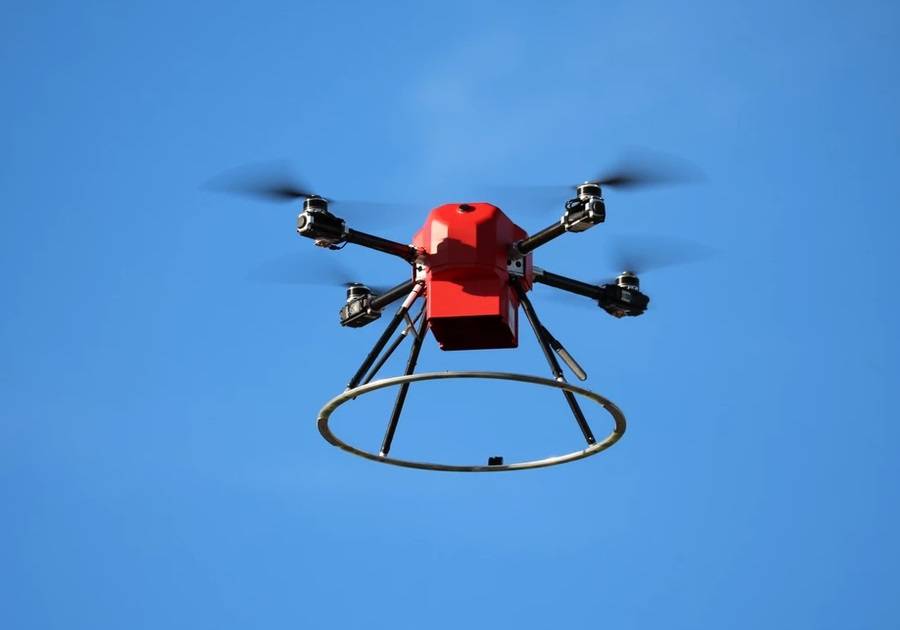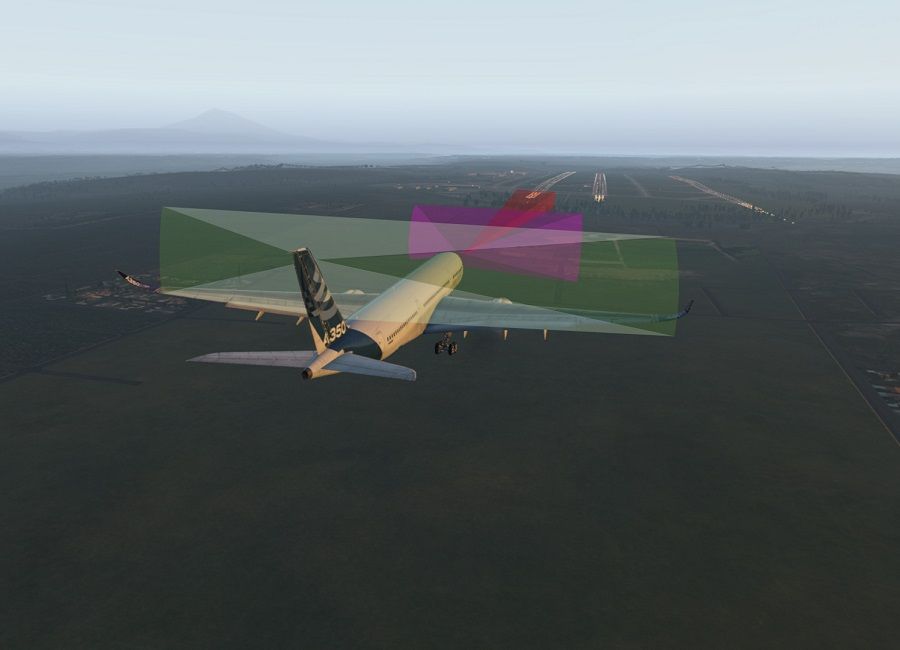Is the appearance of drones in general and autonomous drones in particular, a threat for pilot jobs? What kind of flying can these drones do?
With technology advancing rapidly, we are seeing drone designs that are more and more capable. They can perform a wide array of tasks, with increasing levels of precision. Drones used for filming probably get most exposure in the media, but there are many more to choose from. And for some, these drones threaten pilot jobs, the more advanced they become.
We have already seen initiatives to use drones for cargo. However at their largest, these drones are still quite small. There are new regulations coming, to allow their use, but they still need to operate in their own airspace. And for now at least, these drones have pilots, whose job it is to fly them. In reality, these drones replace drivers, not pilots.

However, a couple of weeks ago we saw an interesting exception to this. In the United States, the FAA granted permission to American Robotics Inc., to operate automated drones. That is, drones that can supposedly fly without a pilot in the loop at all! On the face of it, this seemed like a worrying news story. Surely, if we can trust drones to do such a thing, pilot jobs will soon be at risk!
Specific Drones For Specific Sites?
It is not that simple, however. The company’s website shows an interesting design, for a drone that operates from its own fixed base. The company does not offer any detailed descriptions of sensors or specific design features. But it lists a number of jobs that its drones can do, without input from a pilot. And all of these jobs have something in common: a specific site. This is how the company describes the operation of its Scout drone system:
“Scout drones live in your field inside a ScoutBase, a weatherproof charging and data processing station. With the help of proprietary software and hardware they are able to operate without the need for a human pilot. Interact with one Scout, or a fleet of Scouts, from your office remotely via ScoutView, our web and mobile application.”

There is a simple principle in drone usage, called ‘geofencing’. It is a safety function, that ensures the drone will not fly beyond a specific area, with well-defined boundaries. Many drones currently for sale incorporate such a function. And this function is already a prerequisite, to allow drones to perform specific operations. A close look at the FAA’s paperwork, shows that these drones can’t do their jobs totally without pilot supervision.
The FAA wavers require having a specific site, in class G airspace, little GA traffic, and daylight VMC conditions. The flight operates in Beyond Visual Line Of Sight (BVLOS) conditions, at maximum 400 feet (120m) AGL. The innovation here, is that the pilot/operator is not on-site. And that is not normal. In many countries, a pilot AND an observer would be necessary, for drones in BVLOS conditions.
Whose Pilot Jobs Do These Drones Threaten?
The company also had to convince the FAA that it can use remote tools to perform preflight and post-flight inspections on the drones. Finally, the drone can be no heavier than 20lbs (9kg). This precludes heavy work, like spraying. FAA says the drone is “for use in applications such as agriculture, mining, and energy, where the small UA would conduct aerial surveys.”

So, there IS a pilot (with a Remote Pilot Certificate) involved in the jobs these drones will do. But not on-site, which is indeed new. The drone will fly a set mission, likely following predetermined waypoints. But it won’t really be autonomous. Many current drones can make waypoint flights, if necessary deviating to avoid obstacles. They do need the pilot to be there, however.
So, are these autonomous drones a threat to pilot jobs? Well actually, YES! But not to pilots you might have in mind. This “autonomy” could worry drone pilots specializing in on-site surveys/inspections. While there IS a pilot in the loop here, fewer pilots would be necessary, operating drones in several sites. And that could, indeed, make some drone pilots a bit nervous…
There are some other manned aircraft pilot jobs that these drones could eventually threaten, however. These would be repetitive flying jobs, inspecting known areas or installations, like pipelines and powerlines. But this is not what the FAA approved, at least not yet.

The FAA wants to obtain data from this operation, to evaluate more off-site BVLOS applications. But not over people – not yet. And in any case, as we’ve seen, these operations aren’t really autonomous. Never mind drones, if Airbus’ innovations can’t yet threaten pilot jobs, pilots are probably safe for a while.



